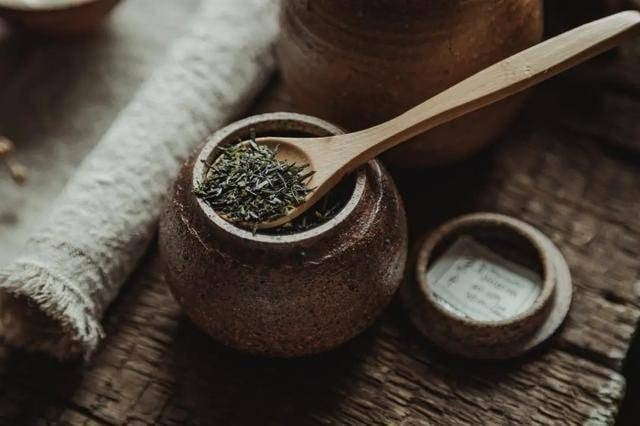The Benefits of Drinking Tea Regularly
Numerous studies have shown that drinking tea offers a plethora of health benefits:
1. Lower Blood Pressure:
According to a study published in the British Journal of Nutrition, which analyzed 25 topics with 1,476 participants, tea, especially green tea, significantly reduces blood pressure. After three months of tea consumption, systolic blood pressure decreased by 2.1 mmHg, and diastolic blood pressure decreased by 1.7 mmHg.
2. Reduced Risk of Stroke:
Green tea contains catechin, a powerful antioxidant and anti-inflammatory compound. It helps prevent blood clot formation, thereby reducing the risk of stroke.
3. Lower Risk of Type 2 Diabetes:
A study involving nearly 500,000 individuals over 11 years found that regular tea drinkers had an 8% lower risk of developing type 2 diabetes compared to non-tea drinkers.
4. Cancer Prevention:
Green tea is rich in EGCG, a potent antioxidant that enhances the activity of the anti-cancer gene p53. EGCG helps repair DNA damage and destroy cancer cells.

Types of Tea to Avoid and Their Potential Harmful Effects
While tea offers a range of benefits, not all types of tea are equally beneficial. Here are four types of tea that experts advise against consuming due to potential health risks:
1. Overly Strong Tea – Harmful to Kidneys:
Strong tea contains high levels of fluoride. While the body eliminates fluoride through the kidneys, excessive intake can lead to a buildup of fluoride, causing kidney damage. Additionally, strong tea has higher caffeine content, which can interfere with sleep and heart rhythm and inhibit iron absorption, leading to anemia.
2. Very Hot Tea – Increased Risk of Esophageal Cancer:
WHO has classified hot tea above 65°C as a probable carcinogen (Group 2A). The esophageal mucosa can only withstand temperatures below 50°C. Consuming very hot tea can cause continuous damage to the mucosa, leading to inflammation, cell proliferation, genetic mutations, and an increased risk of esophageal cancer.
3. Laxative Tea – Damaging to the Gut:
In Guangdong, a woman who regularly consumed laxative tea for constipation was diagnosed with “black gut,” a condition where the gut changes color due to mucosal damage. Many laxative teas on the market contain potent purgatives, such as rhubarb, Phanera leaves, and silk tree seeds. Prolonged use of these teas can lead to nerve damage in the intestines, loss of natural intestinal peristalsis, dependence on purgatives, and even colon cancer.
4. Moldy or Expired Tea – Liver Toxicity and Cancer:
Drinking tea that has gone moldy due to improper storage or tea that is past its expiration date can lead to liver inflammation and cell damage. It may also cause aflatoxin poisoning, as this toxin is a potent carcinogen, being 68 times more toxic than arsenic.
How to Identify Moldy Tea:
Smell: If the tea has a damp, musty odor or an unusual smell, it is best to discard it.
Sight: Tea with a dark, damp appearance that sticks to your hands is likely to be moldy or spoiled.
Additionally, it is not advisable to drink tea that has been left overnight, as the polyphenols, vitamins, and antioxidants start to break down, providing an environment for bacterial and fungal growth.
The Hidden Treasure of the Sea: How This Fish’s Roe Rivals Bird’s Nest and Ginseng in Value
“In the past, not many paid attention to the nutritional value of this particular fish part. But now, it has evolved into a prized commodity. This once-overlooked piece of the piscine puzzle is now a sought-after delicacy, with a unique flavor profile and an impressive nutrient roster. It is time to uncover the hidden treasure that is [name of fish product].”





































